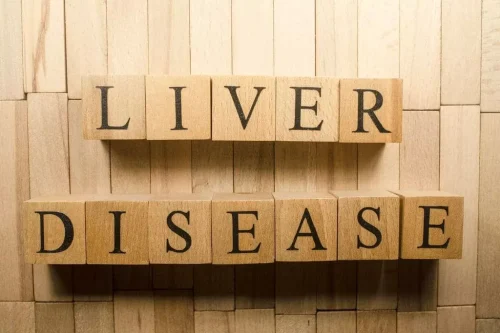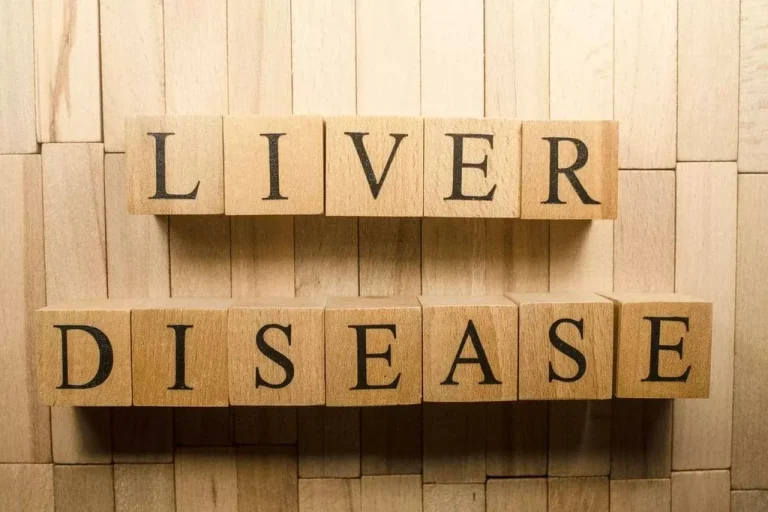
You should check with your doctor before mixing Lovenox and alcohol. Much like Pradaxa, alcohol also increases the effects of Arixtra. This is doubly dangerous, as you are more likely to have an injury while intoxicated and are at higher risk for severe bleeding.

Eliquis: An Overview

Within the last few years, a new class of blood thinners was developed. They offer a number of benefits over warfarin, but they do have some disadvantages. Speak with a healthcare professional about the benefits and risks. Yes, you can, but heavy drinking or binge drinking will raise your risk of excessive bleeding.

Can people drink alcohol while taking blood thinners?
- Speak to a healthcare provider before drinking alcohol while on blood thinners.
- Even if you have a normally functioning liver and kidneys, alcohol can limit your liver’s ability to metabolize other compounds.
- Someone using alcohol while taking Brilinta should speak with their doctor about the risks that are specific to their situation.
- Sometimes, however, a blood clot can appear in an artery that supplies your heart or brain with oxygen-rich blood.
- Always consult with a healthcare professional before making any changes to your alcohol consumption while on blood thinners.
- The National Institute on Alcohol Abuse and Alcoholism (NIAAA) is one of the many institutes of the National Institute of Health (NIH) and is an exceptional resource, consolidating all things related to alcohol.
Alcohol can also alter the time it takes for your body to break down your blood-thinning medication which means it can stay in your system for longer. You don’t want to take another dose if your system hasn’t processed the last dose. As alcohol is a blood thinner itself, combining it with a medical blood thinner could mean your blood will thin too much, which might make it difficult to clot and this can mean you bleed excessively.
Is it safe?
- One of the oldest blood thinners still in widespread use is warfarin (Coumadin).
- Harvard Health explains that blood thinners can be life-saving for individuals with cardiovascular disease by preventing clots that can obstruct blood flow to vital organs.
- If your liver is busy working hard removing the alcohol instead of your blood thinner, the level of the drug in your blood will go up and raise your bleeding risk.
- Signs of alcohol abuse include frequent binge drinking, inability to control alcohol intake, and negative impacts on personal or professional life.
They protect you from bleeding too much if you’re injured or have surgery. Pregnancy, cancer and estrogen therapy can also put you at a greater risk of forming a clot. It’s best to avoid mixing alcohol and blood thinners due to the risk of stomach irritation and increased bleeding. If a special occasion is approaching, aim to space out drinks from your medication doses and limit them to only one or two.

Acetaminophen can cause liver damage if you take more than the recommended dose. This information is being provided to you for educational and informational purposes only. This page is meant to provide educational information for patients living with Atrial Fibrillation and as a self-help tool for your own use. Providing this educational information does not constitute the practice of medicine and does not establish a physician-patient relationship with any individual who has access to these materials. I will not accept medical records from individual patients, nor can I prescribe medications or recommend individual testing or procedures. Explore essential information on paroxysmal atrial fibrillation (AFib), a condition characterized by irregular heart rhythms.
- When alcohol is introduced into the equation, the blood’s ability to clot is compromised.
- But if you take warfarin, excessive amounts of alcohol can alter how the drug is metabolized and raise your bleeding risk, cautions Cushman.
- If you take blood thinners and wish to consume alcohol, speak to your healthcare provider first.
- It’s critically important to understand the potential health implications involved.
Aspirin and Alcohol
Alcohol can also affect the action of platelets, which are the components of the blood that form clots. A 2016 review suggests that significant daily alcohol consumption increases the activity of platelets. Researchers have found that low-to-moderate drinking could reduce certain processes that lead to heart disease and inflammation. However, more research is necessary to determine whether alcohol use is directly responsible for these possible heart benefits. Therefore, people should always check with a doctor or pharmacist whether it is safe to drink alcohol with a particular blood thinner.

They also encourage people who drink to do so in moderation in order to minimize some of the potential negative side effects of long-term alcohol use. Anticoagulants, also described as blood thinners, are a group of drugs is alcohol a blood thinner that reduce the ability of blood to clot. If you drink heavily, there can be a rebound effect in that the bleeding risk increases, even after you’ve stopped drinking. Exceeding the recommended guidelines above is considered heavy drinking. Consuming alcohol will thin your blood, making you more susceptible to heavy bleeding or bruising if you experience an injury.
While some alcohol use may be permissible in certain situations, you should consult with a doctor or pharmacist about your specific situation. A 2017 review explains that alcohol consumption has complex and varying effects on platelets, which are small blood cells that initiate the coagulation cascade, causing blood to clot. This article explores how alcohol affects the ability of the blood to clot.
